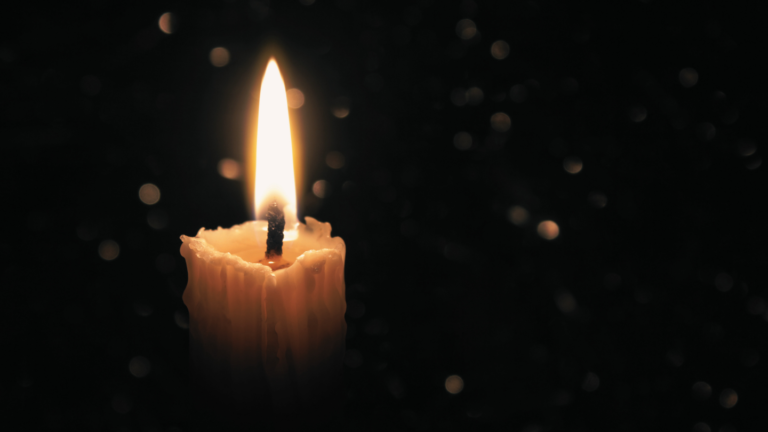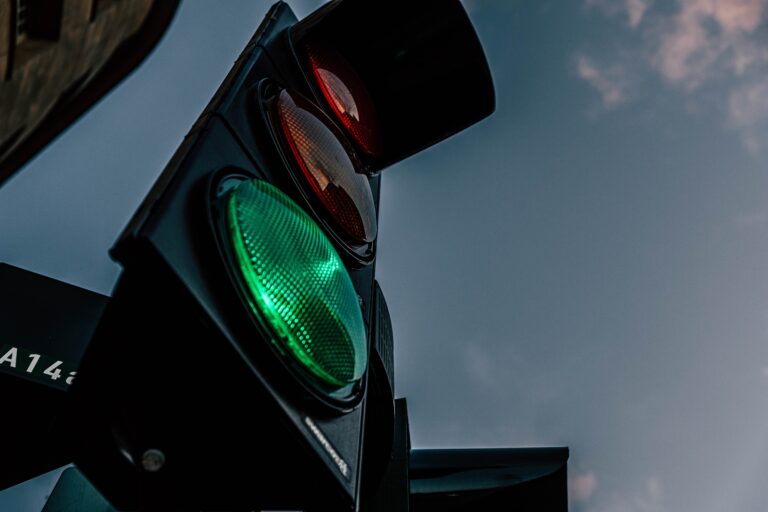31st July 2024, 5:52pm
Legislative Council of Victoria, Melbourne
David ETTERSHANK (Western Metropolitan):
I rise to make a respectful contribution to the petition before the chamber, and I thank the Attorney-General for her thoughtful perspective. The Lord’s Prayer has been a fixture in this chamber since 1857 and in the other place since 1928 – and fun fact: we actually have different versions of the Lord’s Prayer.
But let us crunch some numbers to get a little historical perspective on this debate. The 1921 census indicates that, at the time, some 97 per cent of Victorians identified as Christians, with about 39 per cent being Church of England and 21 per cent being Catholic.
Fast-forward a hundred years and those numbers have declined somewhat. In the 2021 census about 41 per cent of Victorians identified as Christian, 39 per cent nominated no religion and about 13 per cent described themselves as non-Christian religious or did not respond at all.
So, 41% / 59% – it is not exactly a photo finish, and that is reflected in this chamber. Of the 41 upper house MPs sworn into this Parliament to date, only 16 of those 41 took the oath compared to the 25 who took the secular affirmation, indicating that the majority do not identify as Christian.
Notwithstanding that multiple faith agencies have supported the retention of the Lord’s Prayer, the fact is that it is a Christian prayer. In fact, it is an Anglican prayer, and Anglicans currently represent 8 per cent of the Victorian population.
The recitation of this Christian anthem every sitting day may not be the benign, feel-good ritual it used to be. I am going to say that 16 members of this Legislative Council may want to desperately retain it and the rest perhaps do not. Those members will say that their electorates, their constituents, are very religious, and that is fine, although the stats I quoted earlier suggest that Victorians are not as religious as those members may think.
If they do practise a religion, there is less than a 50 per cent chance that it will be in the form of Christianity, and yet in this place, our state’s most important democratic institution, we deliberately privilege one religious world view over all others.
I wonder if those multiple faith agencies have been running the numbers themselves and realise that based on current trend data next year’s census will show that Victorians with no religious affiliations outnumber Christians, and those identifying as religious other than Christian will have also further grown.
More than that, the daily Lord’s Prayer is not simply a neutral thing, and to the many Victorians who are survivors or the descendants of survivors of the care meted out to our First Nations people by Christian missionaries or to those who survived abuse in Christian-run schools, children’s homes or orphanages, I dare say the Lord’s Prayer is a painful reminder of trauma and loss.
I believe this daily recitation of the Lord’s Prayer impinges on our democratic principles. The separation of church and state is a fundamental element of a liberal democracy, and it is not just an American thing. We see the havoc wrought on people’s lives when a state is captured by religious dogma in the US, and it is imperative that we be ever vigilant in maintaining that separation.
If members feel I am being hyperbolic, look at what has happened in the US, where the rise of Christian nationalism has seen the rights of LGBTQI+ people, women and religious minorities persistently attacked by the Christian right. Australia is not immune to this sort of corrosion.
The petition states that the Lord’s Prayer is a strong reminder that Parliament is not the ultimate authority for building a just and caring society.
Who is it reminding? Do members need a greater authority to build a just and caring society? Is that not what we are here to do?
Has anyone heard of the voters?
If we lack the empathy or the will to recognise injustice or the capacity to care for our communities, an acknowledgement of a higher power will not help. I do not have anything against Christians.
I respect Christians. Some of my best friends are Christians and members of many, many faiths. I have worked for Christian organisations.
As long as your beliefs do not oppress or damage others, you have every right to hold them. But in this place, that should not mean that you get to impose those beliefs on others.
[ENDS]





